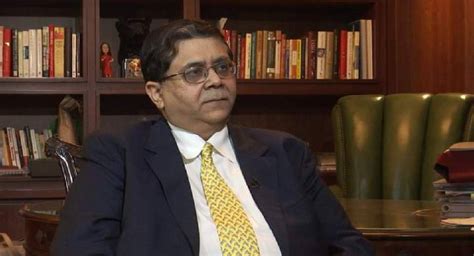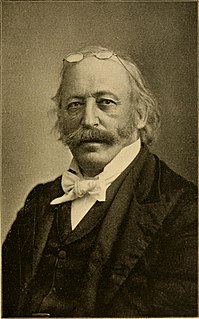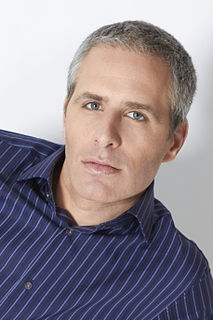A Quote by Jeremy Hunt
I've always been someone who believed that if we ended up with No Deal, we would find a way to thrive economically because we are Britain; we are that sort of country. We have solved these kinds of problems.
Related Quotes
I actually find in America, there's a slight snobbery about actors who go back and forth between big heavy dramas and popcorn fare. That always intrigues me, because that doesn't exist in the same way in Britain. And I imagine it would be worse. In terms of the sort of class, and the sort of snobby, slightly on the back-foot thing Britain has. But it's much more prevalent in America. I'm really intrigued by it. I don't know why that is. But I'm aiming to break down those barriers by being in a Shakespeare film and a Smurfs film within six months of each other.
For good or for bad, India has rejected a more totalitarian approach to how it will deal with its social problems. We would starve but we would not give up our democracy and our love for our freedoms and to deal with these problems in an atmosphere of democracy and the rule of law without necessarily going, sort of resorting to civil disobedience or any kind of violent revolution.
I get letters from kids from all over the country. I always try to answer them because there were people I looked up to in my youth and just wanted to be in contact with. It's also important to realize that you find your role models in a lot of different places. I've never believed that your role models have to look like you. You can find them in all sort of colors, shapes and sizes.
When we generate utopian visions and hope to make them happen soon – when we elect Barack Obama and expect all our problems to be solved, and solved quickly, by his presidency – the outcome is both predictable and tragic. That is not the way to engage social change in a democracy. And it is not the way to help democracy itself survive and thrive. Democracy is a non-stop experiment. Each generation must help sustain it, which means being in it day-by-day for the long haul.
Because national borders are eroding, because of the growth of non-state actors. It's a different kind of a world. We are tied down by a tiny little country - Iraq. It's amazing, given the disparity in military economic strength. It's a world where most of the big problems spill over national boundaries, and there are new kinds of actors and we're feeling our way as to how to deal with them.


































